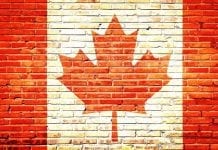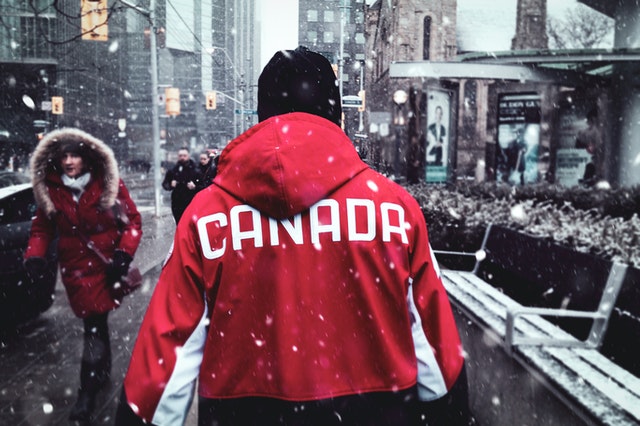People want to live here because Canada is a welcoming country where all races and creeds live together without persecution
 By Brian Giesbrecht
By Brian Giesbrecht
Senior Fellow
Frontier Centre for Public Policy
Prime Minister Justin Trudeau recently publicly contradicted RCMP Commissioner Brenda Lucki for saying there’s no systemic racism within the RCMP.
Actually, Lucki said she didn’t know what “systemic racism” is.
In her words, “I have to admit, I really struggle with the term ‘systemic racism.’ I have heard about five or 10 definitions on TV. I think that if systemic racism is meaning that racism is entrenched in our policies and procedures, I would say that we don’t have systemic racism.”
The prime minister had none of that. According to Trudeau, not only was the RCMP “systemically racist” – whatever that means – all Canada’s institutions are systemically racist.
A troop of his political supporters then loyally repeated his mantra.
Yet neither the prime minister nor his supporters were able to give a coherent definition of what being “systemically racist” was – even though they had just branded the RCMP and the whole country with that racist label.
It gets even worse: Trudeau has accepted that he’s the leader of a country that’s committing an ongoing genocide against Indigenous people. When the Missing and Murdered Indigenous Girls and Women Inquiry made that startling pronouncement in 2019, he agreed with it.
This could lead to the nonsensical conclusion that every Canadian, including people of colour, are intent on murdering even the highly-paid Indigenous commissioners.
Yet Canada is not a racist country and neither are its institutions. People from all over the world compete to immigrate to Canada for exactly that reason. Canada is widely known as a welcoming country, where all races and creeds live together without persecution.
Yes, there are racists among us, but they are few in number.
And Canada’s police forces have never been so non-racist. In the past, that was not always the case. A generation ago, racism and brutality were definitely problems in local and national police forces. Since then, decades of cultural training and education have produced police forces that are far better trained.
While there’s always room for improvement and there will always be rotten apples, that applies to any institution.
Canadian police are professionals who do a very difficult job and they deserve our support. The constant undermining of police by politicians and others saps morale and, ironically, results in less protection for the very marginalized groups the “systemic racism” orthodoxy pretends to help: the FIDO effect – forget it, drive on.
We’re seeing in the United States what playing politics with the race issue results in. Going down the “systemic racism” rabbit hole isn’t the answer.
Rather than play that futile game, best we individually adopt the Martin Luther King Jr. philosophy. He asked that we judge people by their character and not by the colour of their skin. My guess is that 99 per cent of Canadians already do exactly that.
Playing the “systemic racism” game leads to permanent racial and ethnic division. I think Lucki recognizes that important fact. Unfortunately, and to keep her job, she was made to publicly repent – though toeing the “systemic racism” line may not be enough.
Quebec Premier Francois Legault remains one of Canada’s last leaders to refuse to kneel at the “systemic racism” altar. He rightly understands that it’s his duty to lead and not to divide.
Brian Giesbrecht, a retired judge, is a senior fellow at the Frontier Centre for Public Policy.































































.jpg)

